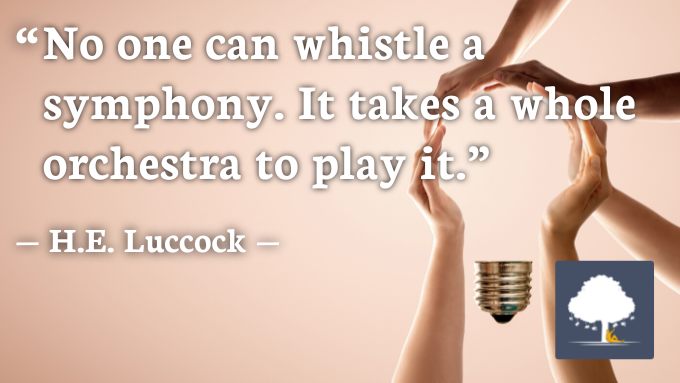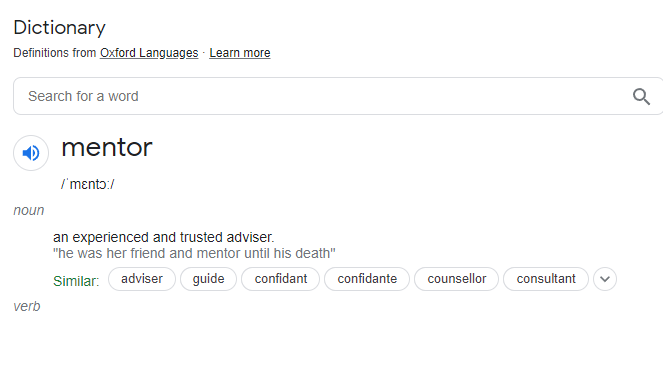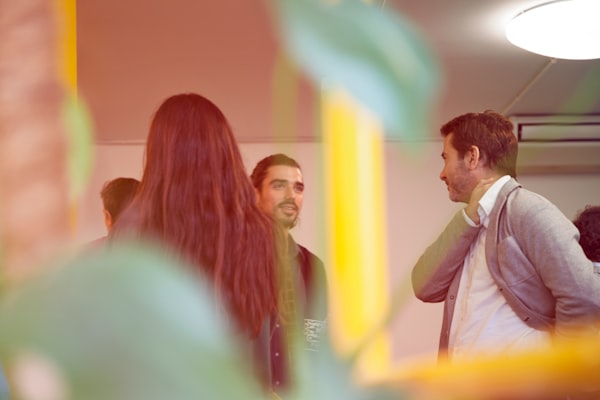“When we give cheerfully and accept gratefully, everyone is blessed.”
― Maya Angelou
It’s 3.00 a.m., you are pacing in your apartment, your deadline is looming in two days, and you have nothing to show for it.
Does it sound familiar?
Been there, done that – 15 years of running business-critical projects put me in that place more times than I care to admit.
So, let’s talk about an ancient art to get yourself out of the abyss of despair, self-regret, and occasional overuse of alcohol around due dates.
It’s called asking for help.
But how to ask for help without looking weak or incompetent?
Help? No, thanks, I’ve got this.
Sure, everyone asks for help from time to time.
It’s a no-brainer to go to someone competent and ask them for a bit of advice in your field.
IF, you know, it’s not too often, and it does not take much time from the person helping.
When it comes to decision-making and tackling uncertainty, however, we tend to position ourselves as strong and competent grown-ups who don’t need any assistance.
Humans avoid asking for help in most cases because they fear:
- To let someone else take control
- That they will be labeled as “needy.”
- Rejection
That’s one way for psychology to say that nobody likes to look weak or incompetent.
It’s a stupid mental barrier that stops us from learning, bonding, and being productive.
Let me give you a different perspective.
Reframe help for the 21st century
The elegant art of asking for help has a lot to do with the elegant art of reframing.
Rethink your perspective in terms of modern reality.
Life used to be simple in the industrial age.
The factory line dictated the skillset for the obvious problems at hand.
You needed to master one or two skills to solve them effectively.
Today, we solve 10 times more complex problems that demand a high number of hard & soft skills.
Yet, we expect to find solutions without any help!
Everyone needs help. No one can master all the skills for the extreme daily uncertainty we face.
Help can be socially acceptable.
In an ideal world, I would tell you to forget your ego and ask for help as often as you need it.
In business, we always ask for help, but we don’t always say it like that because our world is less than ideal.
We created socially accepted labels, powdered them with rituals, and time-boxed them, so asking for help feels like what it really is – a productive and collaborative effort.

If you have a team but have no idea how to solve a problem (or where to start), get your team to think with you.
Let me give you a couple of examples of how.
Do you need help with ideas?
Brainstorming is handy when you’re stuck.
You might feel incompetent if you’re out of ideas (which happens to everyone).
You can still be a competent facilitator who values your colleagues’ creative ideas.
All you need to do is gather your team together, give a statement of a problem and let everyone share & write all the ideas they can think of to solve it. Cluster and rank the ideas for the next steps the team needs to take.
You own your creative blockers by asking for, organizing, and facilitating Brainstorming.
It’s a win-win because, after a brainstorming session, you have a number of options you would not otherwise have, or at least not in such a short time.
Ok, but how to choose between options?
Do you need help with a tough choice?
Decisions can be incredibly stressful – we tend to delay the tough ones.
You hesitating with a couple of options you hate (don’t we all) might feel like a lack of competence to make a choice.
You can still be a competent decision-maker who values an expert opinion. Find yourself a sparring partner.
All you have to do is grab a competent person, tell them your options and ask them to challenge your ideas with a couple of questions. Ask them to give you an additional view and let them know your decision.
But what if your tasks are completely new to you?
Do you need help with new tasks or responsibilities?
You not knowing the ins and outs of the new tasks and problems at hand is humbling.
It’s an excellent opportunity to add to your skillset, but it often feels like you’re not up to it.
You can still be a competent and quick learner.
Get someone experienced in the role and ask them to be your mentor.

Talk to them, work together with them and learn from them. Ask them how they see your progress and what else is there to learn.
Still, you might fear making a mistake.
Do you need help with validating your data?
Crunch data long enough, and they start looking all the same.
The feeling you might make a costly mistake is stressful.
Someone else pointing out that mistake later can be devastating.
The Four Eyes Principle is your friend to avoid this.
All you have to do is grab a colleague and ask them to double-check your calculations, your logic, or your conclusions.
Scientists call this approach “peer reviews,” software engineers have “code reviews,” and in finance, “The Four Eyes Principle” is the most popular term.
Okay, but how do you know people are not tired of helping you?
Do you need help with simple advice a bit too often?
“I cannot bother my colleague that much”; “I’m taking too much of my colleague’s time.”
These are more or less the standard lines people use when they feel they’ve spent their credit for help from someone they rely on.
Chances are that this is your perception, not your colleague’s.
To feel comfortable, however, I recommend trying these:
- Don’t let people google it for you. Do that yourself.
Don’t ask about facts – instead, validate your understanding of how facts apply in your working context. - Try to solve your problem for at least 2 hours (or 4 Pomodoros) before going to your colleague.
- Don’t try to solve it alone for more than 4 hours, especially if you’re part of a team facing a deadline soon.
You can do all this and still feel uncomfortable asking for help.
Do you need help with feeling better when you ask for it?
This is the easiest one.
You can help, too!
All you have to do is to:
- Contribute actively to brainstorming sessions
- Spar with others when they ask you
- Be a mentor
- Help colleagues to validate their data
- Ask people how can you help them often
Asking for help and helping are two sides of one and the same coin. We need more of those in our lives.
In conclusion
The world is too complex to handle your problems alone, and you are not alone anyway – everyone needs help.
The more you ask for help, the easier it becomes.
The more you help, the better you feel about asking for assistance.
Don’t let your mental barriers stop you from bonding, learning, and being happy with your work.
Help yourself and others to see what productive and collaborative effort support is.
Stay strong and competent,
Diana









